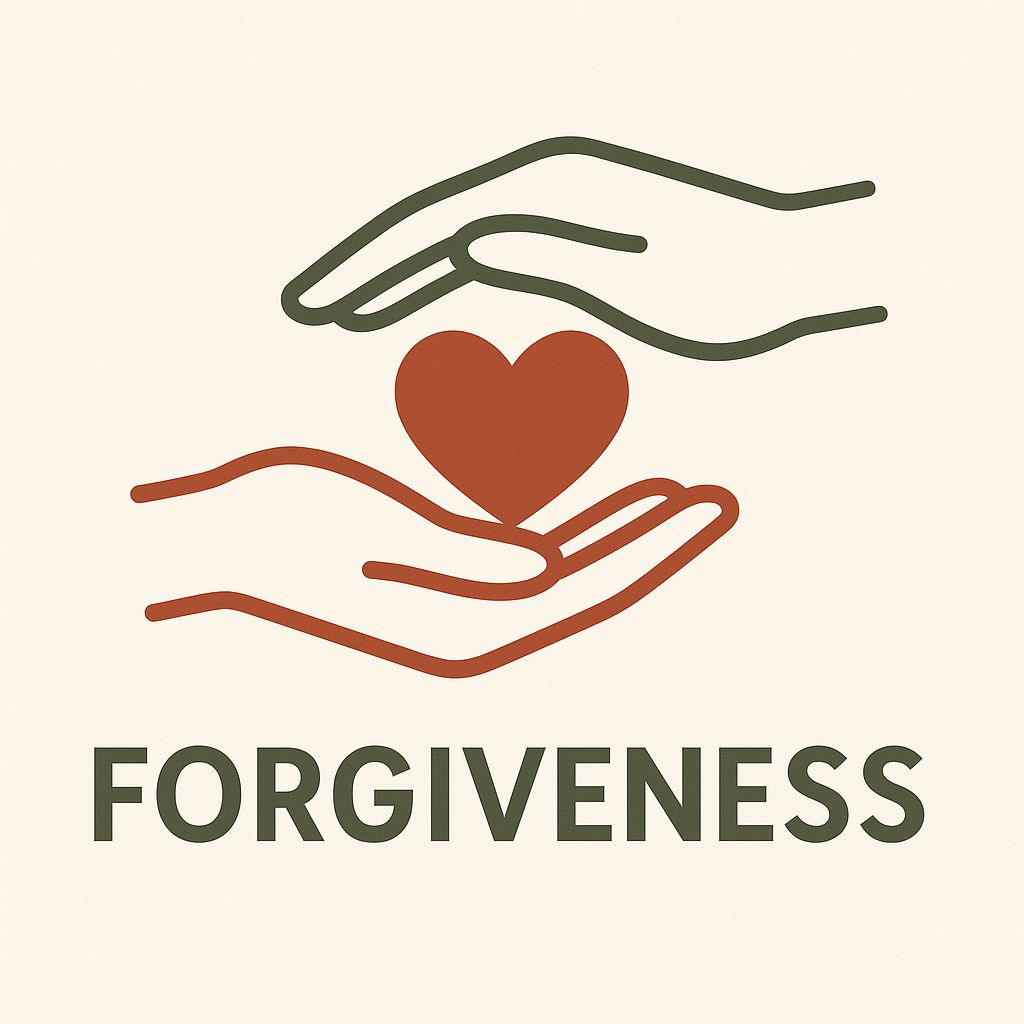Forgiveness is often spoken of as a virtue, yet it is one of the hardest acts to practice. When we are hurt, betrayed, or disappointed, the natural r
Forgiveness is often spoken of as a virtue, yet it is one of the hardest acts to practice. When we are hurt, betrayed, or disappointed, the natural response is to hold on to the pain. We replay the event, justify our anger, and sometimes even allow resentment to shape our view of others and ourselves. But forgiveness is not about excusing wrongdoing, nor is it a sign of weakness. It is, in fact, a profound expression of strength.
To forgive is to release the emotional burden we carry. It is the decision to stop allowing the past to dictate our present and future.
Forgiveness Begins Within
Before we forgive others, we must forgive ourselves. Many people carry guilt for past decisions, missed opportunities, or personal failures. They live in an internal prison of regret. Self-forgiveness is the key that opens that prison door. It means acknowledging that we are human — capable of mistakes but also capable of growth.
When we forgive ourselves, we reclaim our confidence and our peace.
Why Forgiveness Matters
Holding onto pain may feel justified, but it slowly drains us. Resentment changes how we speak, how we react, and even how we see the world. It becomes a silent weight that affects our health, relationships, and happiness.
Forgiveness, on the other hand:
- Heals emotional wounds
- Reduces stress and anxiety
- Restores broken relationships
- Brings inner peace and clarity
- Allows personal and spiritual growth
Forgiveness does not change the past — but it changes our relationship with the past.
What Forgiveness Is Not
It is important to understand that forgiving does not mean:
- Forgetting what happened
- Accepting harmful behavior
- Trusting someone immediately again
- Pretending the hurt didn’t matter
Forgiveness is choosing freedom over bitterness. Trust may need to be rebuilt, boundaries may need to be set, and lessons learned must remain.
How to Forgive
Forgiveness is a process — sometimes slow. It begins with a decision to let go.
- Acknowledge the pain. Do not deny your feelings.
- Understand the impact. Recognize how holding on is affecting you.
- Release the blame. Not to free the offender, but to free yourself.
- Choose peace over revenge. Peace is power.
- Allow time to heal. Some wounds close gradually.
The Gift of Freedom
When we forgive, we reclaim control over our lives. We choose love over hate, peace over chaos, and growth over stagnation. In forgiving others, we are not letting them off the hook — we are releasing ourselves from emotional captivity.
Forgiveness is not always easy. But it is always liberating.
